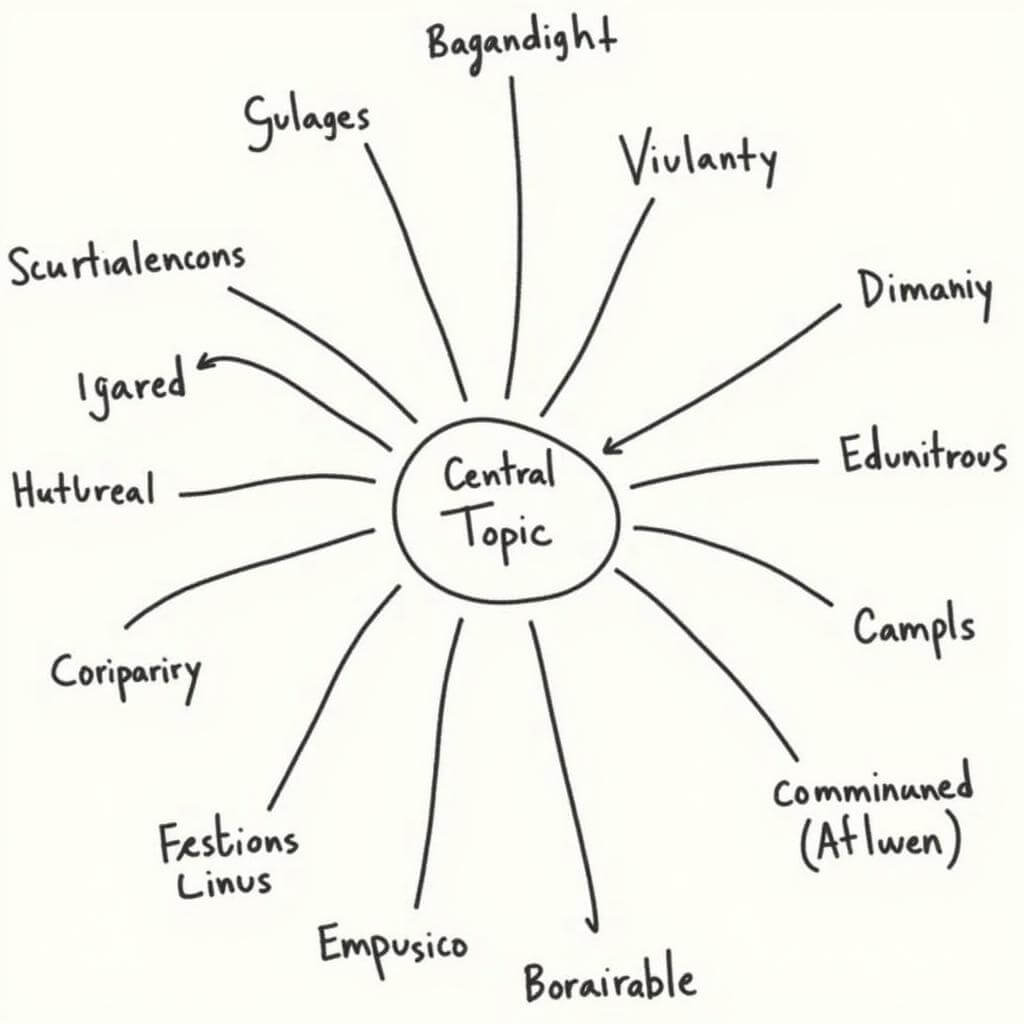Are you struggling with complex passages in IELTS Reading? You’re not alone. Many test-takers find it challenging to grasp dense topics within the time constraints. This comprehensive guide will equip you with effective techniques for improving reading comprehension, especially when tackling intricate subjects in the IELTS exam.
Understanding the Challenge of Dense Topics in IELTS Reading
Dense topics in IELTS Reading often involve academic or technical content with complex vocabulary and intricate ideas. These passages can be intimidating, but with the right approach, you can navigate them successfully.
Common Obstacles in Comprehending Dense Texts
- Unfamiliar vocabulary
- Complex sentence structures
- Abstract concepts
- Limited background knowledge
- Time pressure
Proven Strategies for Enhancing Comprehension
1. Develop Active Reading Skills
Active reading involves engaging with the text on a deeper level. Here’s how to do it effectively:
- Preview the passage before reading in detail
- Identify the main idea and supporting points
- Ask questions as you read
- Make mental connections to prior knowledge
“Active reading is like having a conversation with the text. It keeps your mind alert and helps you retain information more effectively,” says Dr. Emma Thompson, IELTS Reading specialist.
2. Improve Vocabulary and Subject Knowledge
Expanding your vocabulary and general knowledge can significantly boost your comprehension of dense topics.
- Read widely on various subjects
- Learn academic word lists
- Study root words, prefixes, and suffixes
- Use contextual clues to guess word meanings
3. Practice Skimming and Scanning Techniques
These time-saving strategies are crucial for tackling dense passages within the IELTS time limit.
Skimming:
- Read the first and last paragraphs
- Focus on topic sentences
- Look for keywords and repeated terms
Scanning:
- Search for specific information
- Use headings and subheadings as guides
- Pay attention to names, dates, and numbers
4. Break Down Complex Sentences
Long, intricate sentences can be overwhelming. Try these techniques:
- Identify the main clause
- Recognize subordinate clauses
- Look for connecting words (e.g., however, although, therefore)
- Paraphrase in simpler terms
5. Create Mental Maps or Quick Notes
Visualizing information can help you understand and remember complex ideas:
- Draw simple diagrams or flowcharts
- Use bullet points to summarize key concepts
- Connect related ideas with arrows or lines

6. Practice Timed Reading Regularly
Improve your speed and comprehension simultaneously:
- Set a timer for realistic IELTS conditions
- Gradually increase difficulty of practice texts
- Focus on understanding main ideas quickly
Advanced Techniques for Mastering Dense Topics
1. Analyze Text Structure
Understanding how information is organized can enhance comprehension:
- Identify the author’s purpose (e.g., to inform, persuade, compare)
- Recognize patterns (e.g., chronological, cause-effect, problem-solution)
- Look for transitional phrases that signal text organization
2. Develop Critical Thinking Skills
Go beyond surface-level understanding:
- Question the author’s assumptions and biases
- Evaluate the evidence presented
- Consider alternative viewpoints
“Critical thinking is the key to truly grasping dense topics. It’s not just about what the text says, but what it means and implies,” explains Professor James Chen, IELTS preparation expert.
3. Use the SQ3R Method
This comprehensive reading strategy can be particularly effective for dense passages:
- Survey: Quickly review the text structure
- Question: Formulate questions based on headings and subheadings
- Read: Actively read to answer your questions
- Recite: Summarize main points in your own words
- Review: Go back over the material to reinforce understanding
4. Leverage Technology Wisely
While technology isn’t allowed during the IELTS test, it can be a valuable tool for preparation:
- Use reading apps to track your speed and comprehension
- Explore interactive vocabulary builders
- Engage with online forums to discuss complex topics with peers
Overcoming Common Pitfalls
- Avoid getting stuck on unknown words: Use context to guess meanings or skip and return later
- Don’t try to understand every detail: Focus on grasping the main ideas and key supporting points
- Manage your time effectively: Allocate time wisely among passages of varying difficulty
- Stay calm under pressure: Practice relaxation techniques to maintain focus during the test
Conclusion
Improving reading comprehension for dense topics in IELTS is a skill that can be developed with consistent practice and the right strategies. By implementing these techniques, you’ll be better equipped to tackle even the most challenging passages with confidence. Remember, the key is to approach each text actively, manage your time wisely, and continually expand your knowledge base. With dedication and the right approach, you can significantly enhance your IELTS Reading performance.
FAQs
-
How much time should I spend on each passage in IELTS Reading?
Aim to spend about 20 minutes per passage, leaving some time for review. Adjust based on passage difficulty and your strengths. -
What’s the best way to improve vocabulary for dense IELTS topics?
Read widely in various academic subjects, use vocabulary apps, and create word lists from practice tests and academic articles. -
How can I stay focused during long, complex passages?
Break the text into smaller chunks, take brief mental breaks, and use active reading techniques to maintain engagement. -
Should I read the questions before tackling the passage?
It can be helpful to quickly skim the questions to get an idea of what to look for, but don’t spend too much time on this initial review. -
What if I encounter a topic I know nothing about?
Focus on the information provided in the text rather than relying on background knowledge. Use context clues and text structure to guide your understanding. -
How can I improve my reading speed without sacrificing comprehension?
Practice timed reading regularly, gradually increasing your pace. Focus on key words and main ideas rather than every detail. -
Is it better to guess or leave an answer blank if I’m unsure?
In IELTS, there’s no penalty for wrong answers, so it’s always better to make an educated guess than to leave a question unanswered.